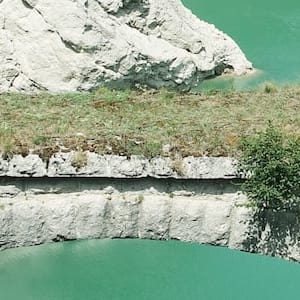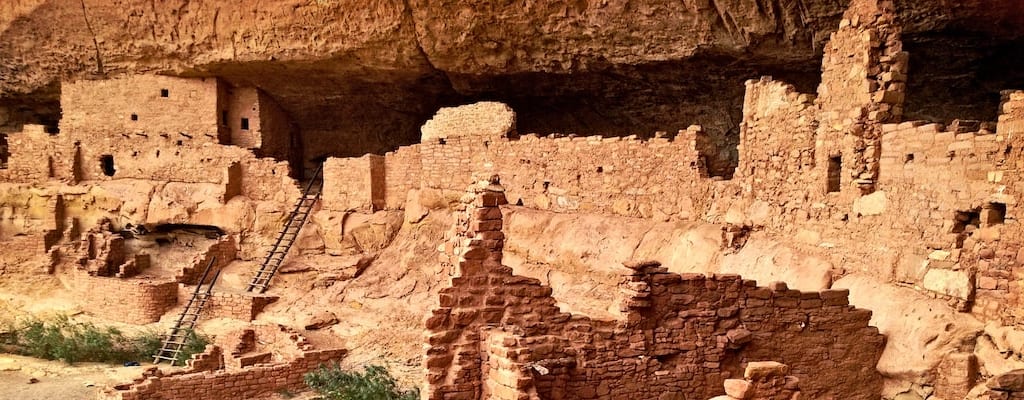wrack and ruin: Idiom Meaning and Origin
What does ‘wrack and ruin’ mean?
The idiom "wrack and ruin" conveys the idea of complete destruction or extreme deterioration. It is often used to describe the state of something that has been severely damaged or ruined beyond repair. The phrase combines the words "wrack," meaning to wreck or destroy, and "ruin," meaning the state of being destroyed or in decay.

Idiom Explorer
The idiom "waste away" means to gradually become weaker, thinner, or less healthy, often due to illness or lack of proper care. It implies a continuous decline in physical condition or overall well-being.
The idiom "wash out" means to fail or not be successful in an activity or endeavor. It can also refer to something that has been completely ruined or destroyed.
The idiom "turn to dust" means to completely disintegrate or crumble into tiny particles, often implying destruction or annihilation. It is used metaphorically to describe something that has been completely destroyed or ruined beyond repair.
The idiom "the wheels fell off" is used to describe a situation where something that was once functioning smoothly suddenly goes wrong or falls apart completely.
The idiom "storm-racked" refers to a situation or place that has been severely affected or damaged by a storm.
The idiom "something awful" is used to emphasize the extreme or intense nature of a situation, event, or feeling. It suggests that the thing being described is exceptionally bad, unpleasant, or severe.
The idiom "smash up" means to completely destroy or wreck something with force or impact. It is often used to describe a situation where something is damaged beyond repair or in a state of chaos.
The idiom "run someone ragged" means to exhaust or wear someone out completely.
The idiom "run into the ground" means to exhaust or use up completely, often through overuse or mismanagement.
Unveiling Destruction
Wrack and ruin is an idiom commonly used in the English language. The phrase describes complete destruction or devastation. It emphasizes the extent of damage or loss. The term "wrack" means wreckage or destruction, while "ruin" refers to the collapse or destruction of a building or structure. This combination creates a vivid image of utter destruction and devastation.
The idiom gained popularity during the 17th century and has maintained its original meaning and usage since then. It conveys a sense of ruinous and irreparable damage. In William Shakespeare's play Macbeth, the character Angus uses the phrase to describe the aftermath of a battle. This usage highlights the dramatic nature of the idiom and its ability to convey a sense of catastrophic destruction.
Furthermore, wrack and ruin has become a common expression in everyday speech. It is often used to emphasize the outcome of a detrimental event or the potential consequences of certain actions. An example of this would be someone saying, "If we don't take immediate action, our company will be in wrack and ruin."
The idiom wrack and ruin is a powerful expression that conveys the idea of complete devastation or destruction. Its origins date back to Middle English, and it has remained in use throughout the centuries. The idiom is commonly used in literature and everyday speech to emphasize the extent of damage or loss. It continues to be a poignant and evocative phrase that captures the essence of utter ruin.
Example usage
Examples of how the idiom "wrack and ruin" can be used in a sentence:
- The storm left the city in wrack and ruin, with buildings destroyed and debris scattered everywhere.
- After years of neglect, the once grand mansion has fallen into wrack and ruin.
- The war brought the economy to wrack and ruin, leaving the country in a state of chaos and poverty.
More "Destruction" idioms



